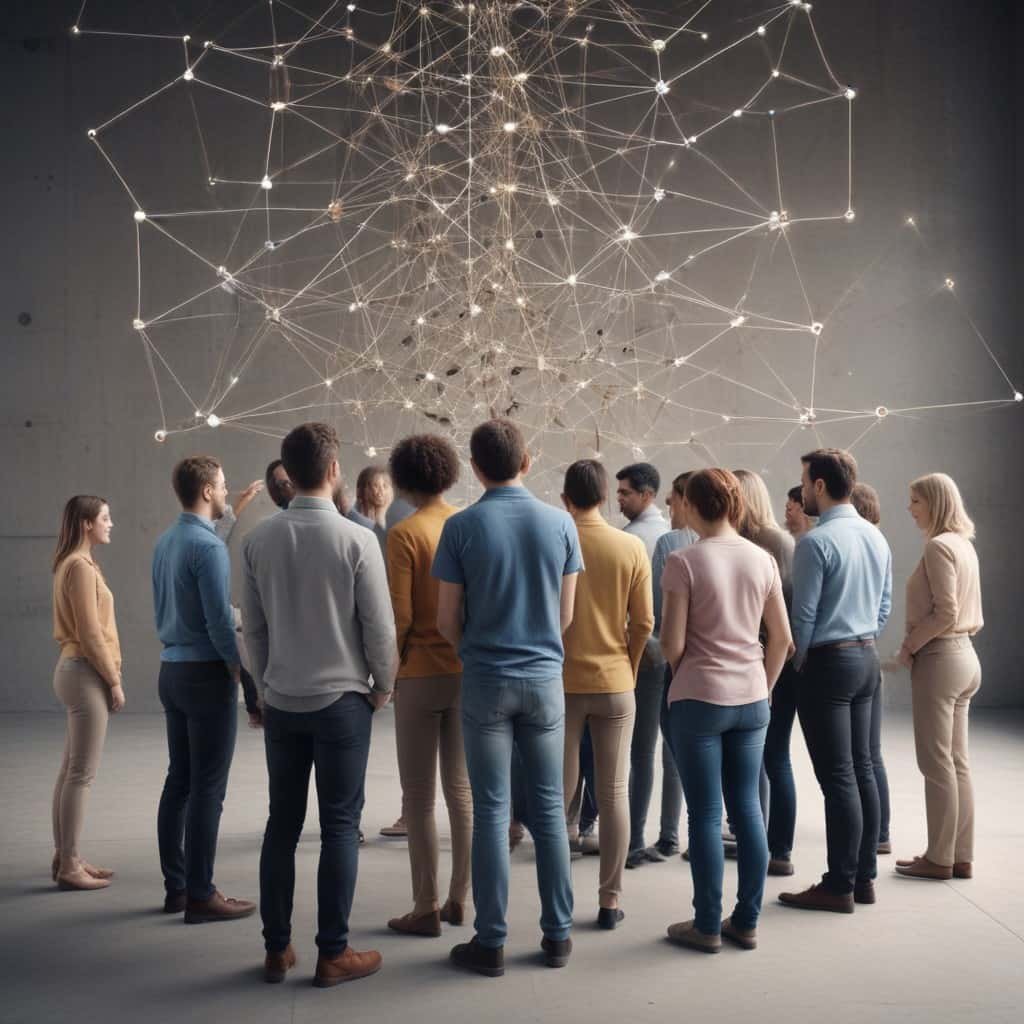Building personal connections and strong bonds with other people is an important part of being human. Whether they’re with family, friends, or coworkers, these connections shape our lives and keep us healthy and happy. What keeps these ties going? Don’t be afraid. Trust is the building block of all close relationships. It leads to respect, understanding, and love. Trust is important, and it affects the ties we have with other people.
Understanding Trust
When you trust someone or something, you have faith in their honesty, ability, or strength. It means having faith that someone will act in a way that is good for us or at least won’t hurt us. When it comes to people you know, trusting someone means you think they have your best interests at heart.
- Personal Trust: Trust in family and friends. It develops through shared experiences and emotions.
- Professional Trust: Workplace trust requires reliability and expertise.
- Social trust affects how you interact with strangers and acquaintances in your neighborhood or culture.
The Role of Trust in Personal Relationships
Trust is essential for emotional connection. It lets people express themselves without judgment or treachery. Trust makes you feel safe being vulnerable, deepening the connection.
Trust in Friendships
When you trust someone, you’ll be there for them. It’s knowing that your friend will always be there for you. Friends you can trust are the ones who will be there for you when you need them and keep your secrets safe.
| Principle | Description |
| Consistency and Reliability | Being dependable by aligning actions with words, builds a solid foundation for trust |
| Honesty and Transparency | Fostering trust through truthfulness and openness, even when the truth is difficult |
| Active Listening and Empathy | Demonstrating value for others’ feelings and perspectives by listening actively and showing empathy |
Open Communication Channels
Talking to each other goes both ways. When communication lines are open, both sides feel free to say what they think and feel. It builds trust because it shows that both sides value and understand each other.
Importance of Non-verbal Communication
When you want to build trust, things like eye contact and body language are very important. They can show sincerity and support what is said, which makes conversation more effective and reliable.
Mutual Respect and Trust
When two people are dating, trust and respect go hand in hand. Respecting each other builds trust, which makes the relationship solid and loving so that both people feel safe and important.
Overcoming Trust Issues
Trust problems can be caused by bad situations in the past or personal insecurities. To get past these problems, you need to be patient, talk to each other openly, and often get professional help to rebuild trust and fix the relationship.
Trust in Family Dynamics
Trust between parents is very important for a child’s growth. Kids are more likely to build self-esteem and social skills if they trust their parents. To build trust, parents need to be steady, dependable, and helpful.
Sibling Relationships and Trust
When siblings help each other and share memories, they learn to trust each other. When siblings believe each other, they can form a bond that lasts a lifetime, helping and supporting each other.
The Impact of Broken Trust
There can be serious mental damage when trust is broken. A lot of people feel betrayed, hurt, and angry. It takes work and time to rebuild trust, and some relationships may never be the same again.
Rebuilding Trust After Betrayal
Recognizing the hurt, making amends, and constantly acting in a trustworthy way are all parts of rebuilding trust after betrayal. It’s a slow process that needs dedication from both sides.
Trust Between Colleagues
A good work setting is created when people trust each other. It makes people work together better, gets more done, and creates a supportive environment where everyone feels appreciated.
Trust in Community Involvement
Families and neighborhoods that are strong depend on trust. Residents are more likely to work together and support group projects when they trust each other. This makes the community stronger and more cohesive.
Social Cohesion and Trust
Trust between people in a group is important for social cohesion. It makes sure that everyone feels connected and responsible for each other’s health, which encourages a feeling of community and support.
Online Relationships and Trust
In the digital age, building trust online is more challenging but equally important. Authenticity and consistent communication are key to maintaining trust in online relationships.
Maintaining Trust in a Digital Age
Just like when you talk to someone in person, being honest and open online is important for keeping their trust. To avoid mistakes and fraud, it’s also important to be careful and skeptical of the information shared online.
Overcoming Skepticism
Getting past skepticism requires acting in a consistent, reliable way and talking to people in a clear, honest way. Long-term proof of trustworthiness helps break down obstacles and build trust.
Addressing Past Experiences
Past experiences can significantly impact one’s ability to trust. Acknowledging and addressing these experiences through self-reflection or therapy can pave the way for healthier, more trusting relationships.
FAQs
- How can I rebuild trust after it has been broken?
Recognizing the hurt, being honest, and constantly acting in a trustworthy way are all parts of rebuilding trust. Both sides have to put in time and work building personal connections.
- Why is trust important in professional relationships?
When you trust people at work, you can expect better teamwork, higher productivity, and a positive work setting where people feel valued and supported in building personal connections.
Conclusion
Personal ties depend on trust. It encourages emotional connection, respect, security, and belonging. Building and keeping trust takes effort, honesty, and persistence, but the rewards enrich our relationships and well-being.



